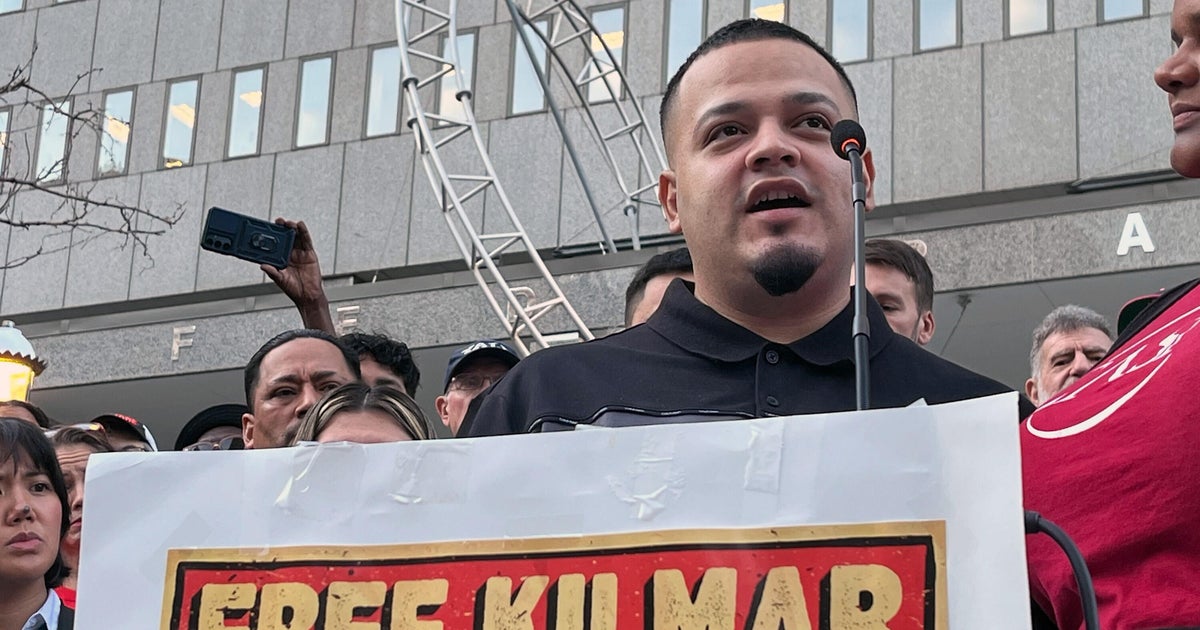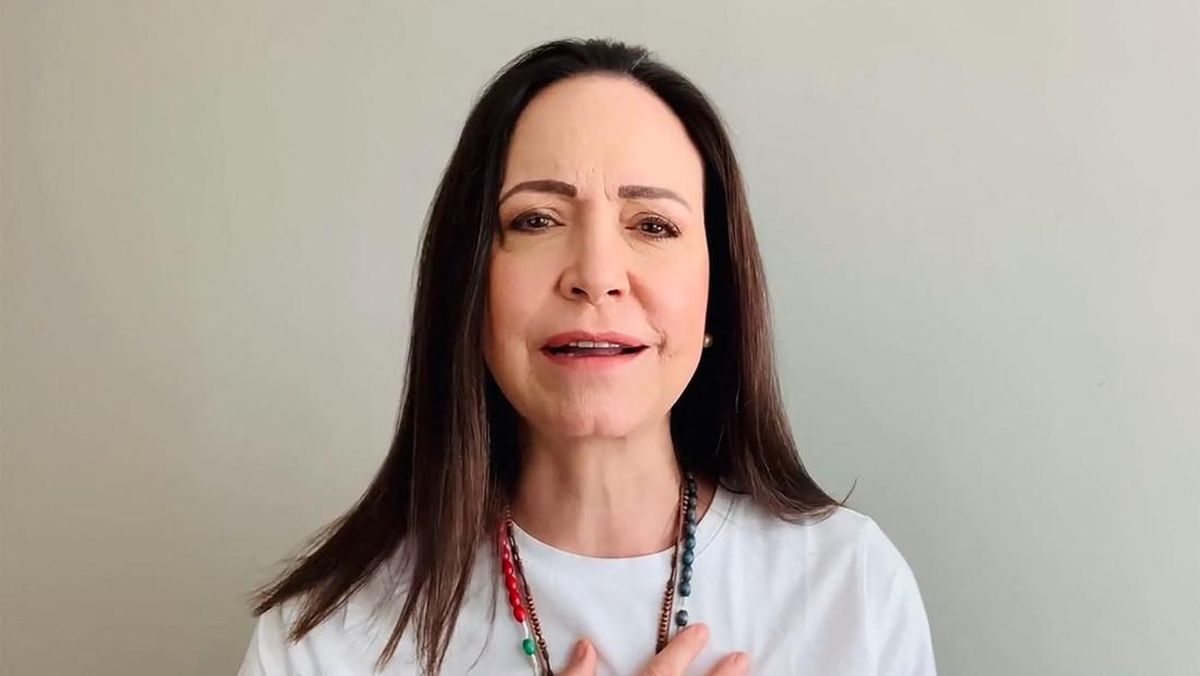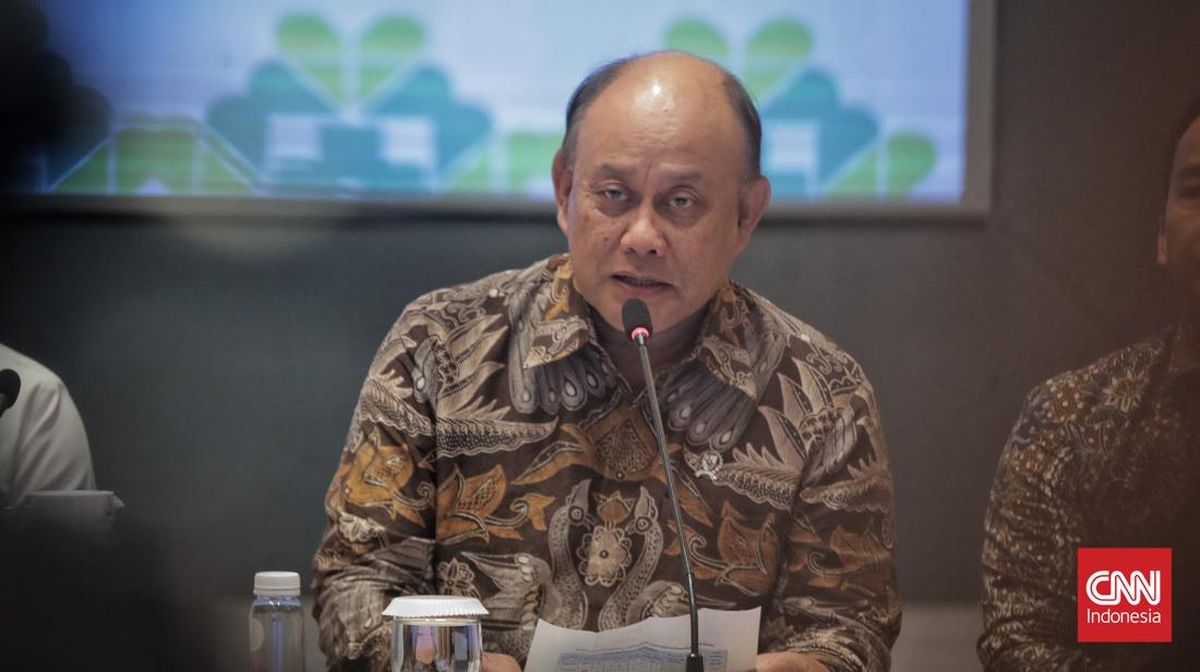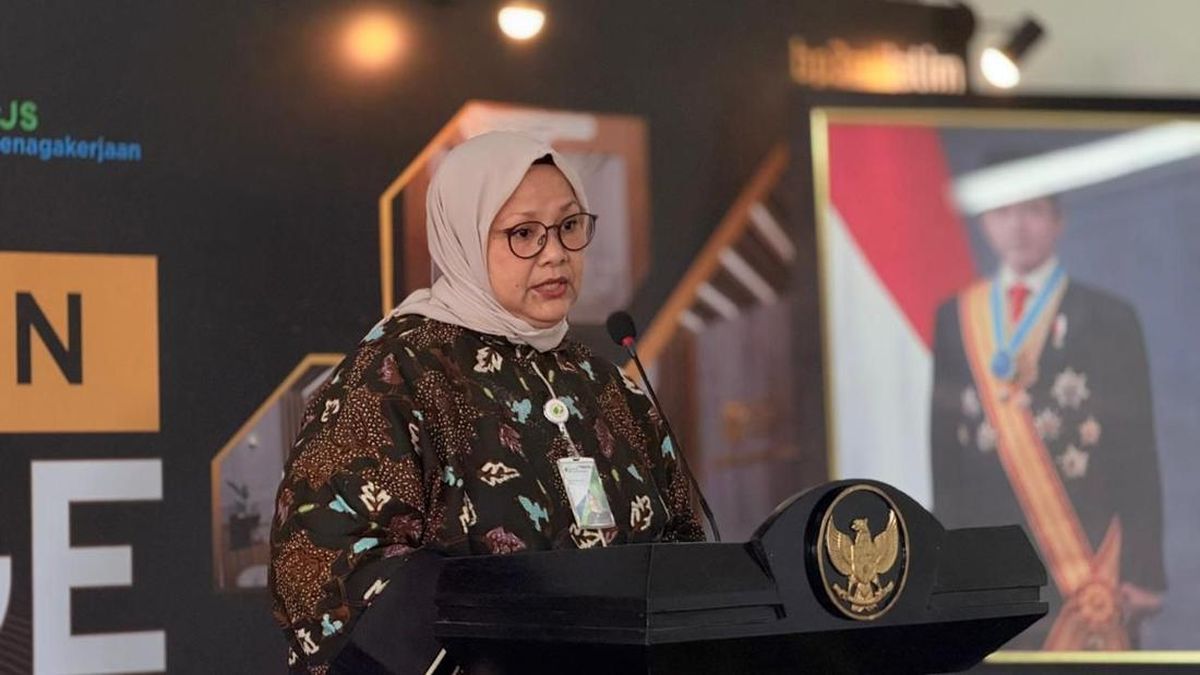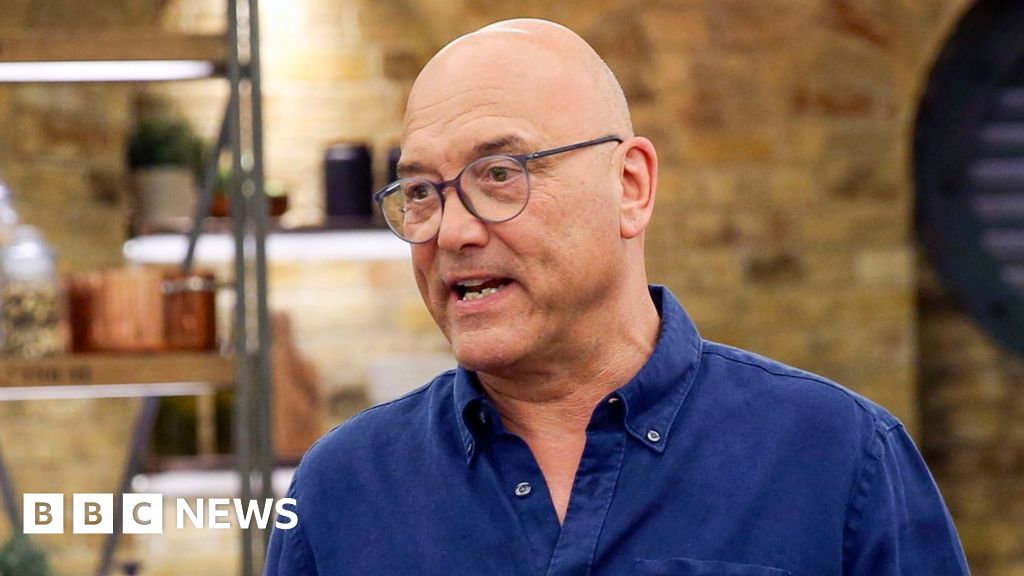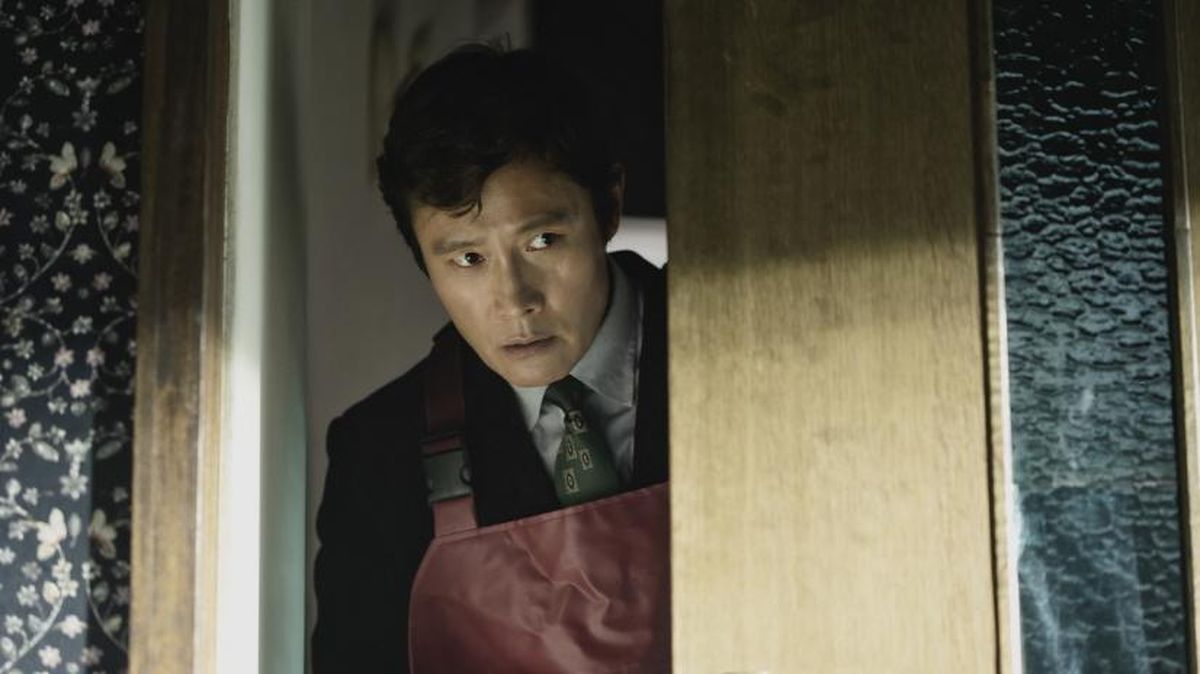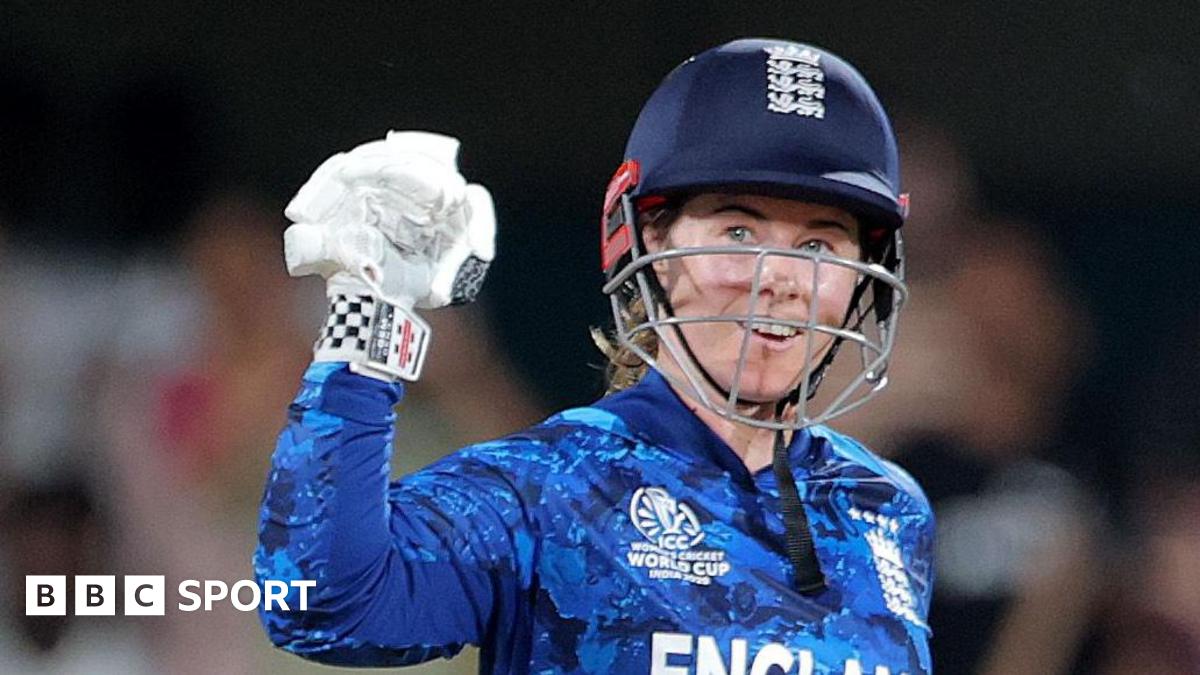In his last official day as a Carlton and club official, Brian Cook – the modern AFL’s longest serving and most successful chief executive by many measures – has offered reflections on the intriguing differences between the three powerhouse clubs he helmed: West Coast, Geelong and Carlton.
Carlton held a remarkable function in the MCC committee room to honour Cook’s career in the game, the bulk of which – more than 22 years for three premierships and a rebuilt stadium – were spent with the formerly broke Geelong, and which concluded at another strife-prone club, Carlton, where Cook handed over to Graham Wright in an orderly succession.

Brian Cook’s career in football was celebrated at a function on Friday.Credit: Eamon Gallagher
Cook’s most telling commentary was his explanation for Carlton’s failures.
The guest list at the Cook farewell was one that represented both the modern AFL, elites of business and government, such as Deputy Prime Minister Richard Marles, who chatted amicably with ex-Victorian premier and former Hawthorn president Jeff Kennett, while ex-Carlton president Luke Sayers acted as a de facto master of ceremony early in the extended lunch, in which ex-Geelong champion Joel Selwood gave an entertaining speech celebrating Cook, as did the other longest serving former club CEO, Cook’s successor at West Coast Trevor Nisbett.
Former AFL bosses Gillon McLachlan and Andrew Demetriou sat on one powerhouse table, alongside Kennett, AFL football boss Greg Swann and Eddie McGuire, while Billy Brownless did an irreverent version of “Roaming Brian” (Seven’s Brian Taylor’s post-game interrogations of players and others) in the room. Several current and ex-club CEOs and presidents were in the room.
McLachlan jested to Brownless that he had won the AFL CEO job over Cook because, “I didn’t want as much money”.

Luke Sayers, Michael Voss and Brian Cook.Credit: Carlton Football Club
Cook, who spoke last, had told the room about his experiences as a young player, administrator and immigrant who had come to Melbourne from Scotland and lost his mother when she was just 32.
He said his philosophy as CEO was straightforward: “Appoint the right people, and manage little.”
Later, he reflected (to this masthead) on the differences between those three clubs that he had run – which ran the gamut of one that was at first a public company (West Coast) that changed from focusing on profits, to Geelong’s regional flavour, to the emotion-charged Carlton, which he said could achieve remarkable things if they could harness their passion.
West Coast, Cook said, was set up as a shareholding business (in the late ’80s), and it was this culture that Cook inherited in early 1990.
“The way they were founded has created a bit of a culture for them, not completely, but it provided the base. It’s around they were a public company, they were very commercial, they were very driven by profit in the early days,” he said.

Gillon McLachlan, pictured here at a grand final lunch, sat on the same table at the Cook function as his predecessor Andrew Demetriou.Credit: AFL Photos
“And that has been maintained. The appointment of Mick Malthouse, I think, was a major change in the way they were thinking in terms of footy first, as distinct from profit first. And when the Eagles started they had 3000 members, but they had 7000 shareholders.
“That’s changed completely. There’s no shareholders, apart from one, and there’s like 100,000 members. And it was founded during a time of a really fluid and bouncy share market.”
Geelong’s defining point of difference was that it was regional, and the only club of that kind.
“I think the best way to describe them is they have a casual professionalism, which is regional, country-ish, and they do have a defined region, which is Geelong... I think that sort of separates them.
“Then, you go to Carlton and Carlton are just such a passionate group… lots of great resources, very passionate, a reasonable amount of talent, and if they can harness the passion into positivity, make it commercial, make it good behaviour, they can go places.”
Cook identified Carlton’s problem over recent times as one of extreme reactions and poor governance.
“I think it’s been extreme in its reaction to loss, and it’s been very quick to make decisions after loss. And I think its governance structures in the past haven’t been great.
“So its ability to make good decisions, on important decisions, is sometimes not as good as it should be.

Cats great Joel Selwood paid tribute to Cook at the function.Credit: Getty Images
“It’s a lot better now, a lot better than what it has been... you have seven directors, you haven’t got any conflicts of interest.”
Cook said the biggest change over his time was that clubs were multi-layered now, and no longer just about winning games.
“Then it became making money off field. Then it became doing well in the community, or doing good in the community. And then it became doing right from a behavioural, integrity point of view. The AFL have got 40 staff in integrity now.″
Cook said the players had more power in dictating where they wanted to play in today’s game.
“The pendulum is swinging for player movement to be more pro player than pro club. There is no doubt about that.
“I would like to see the pendulum go back to the club, but I don’t think it will happen.”
Keep up to date with the best AFL coverage in the country. Sign up for the Real Footy newsletter.
Most Viewed in Sport
Loading

